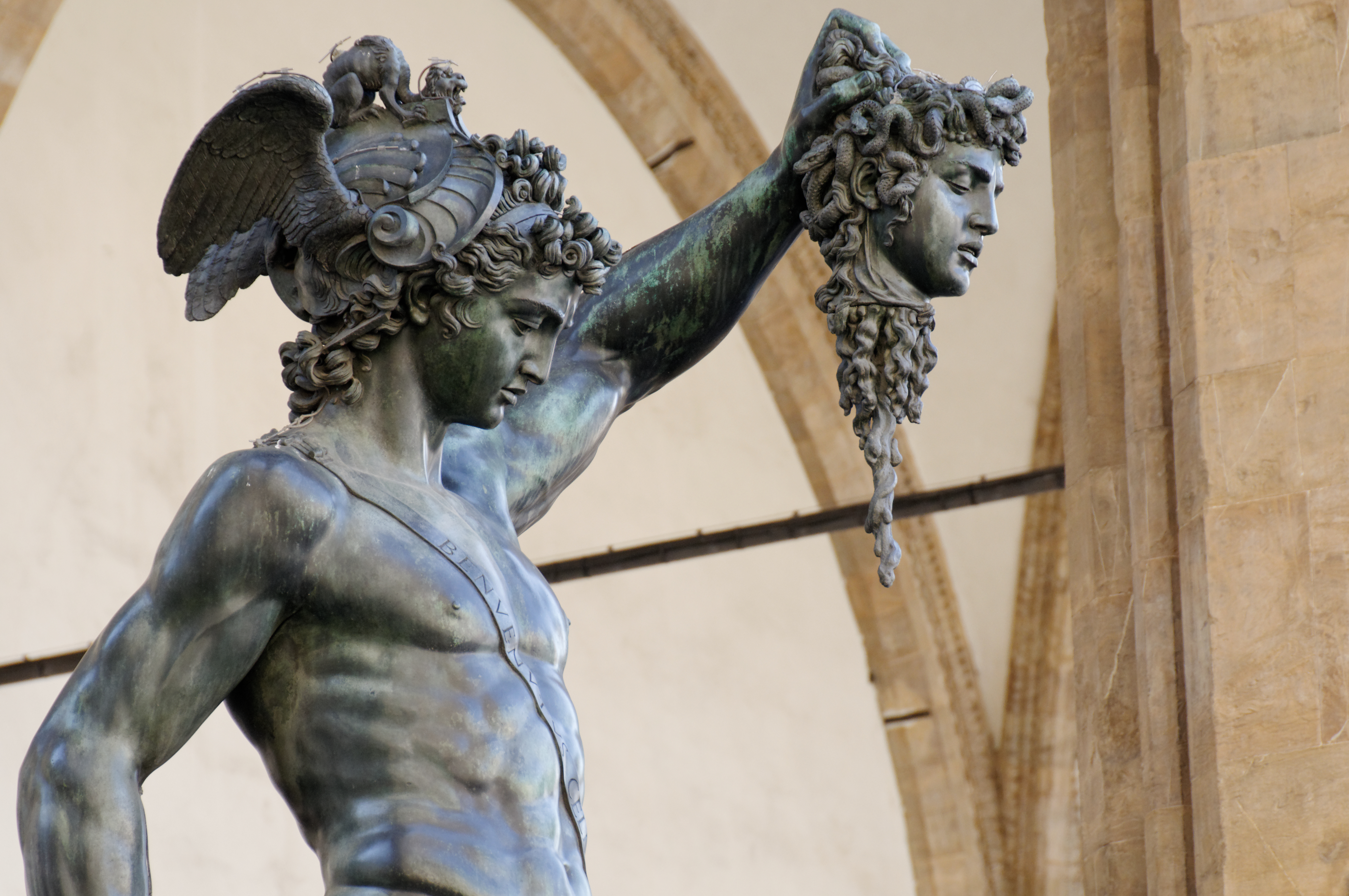I don't have a super power but maybe I control a powerful and magical computer that I tell I'm in need of help. Like my cell phone. Then people arrive, defeat the bad guys and I win. Now, when you tell that tall tale to others, they will like it because their essential need to believe that they are in control of their world has been validated. But God has been invalidated.
Misguided myths
Science fiction and its mythic precursors tend to seek out a familiar belief such as the ability of man to overcome adversity without God and validate it. These are the hero stories of Luke Skywalker and Peter Parker that then continue on through sequels to fight for justice. The moral or political aspects of this light fiction can then anchor a good plot so we find enjoyment and cultural affirmation from it.Replacing a collective knowledge of God through the history of the scriptures with an independent set of pop cultural references eases us through the day. We don't live the lives of Moses or Joshua, don't have the visions of Obadiah and wouldn't know what to do with them if we did. We find comfortable lies talking about always closely shaved Luke Skywalker's conquests in the name of The Force, but can't fathom that there will be future destruction and slaughter in Edom on a similar magnitude.
In times past, we would have been spinning the story about the coincidentally youthful and whisker-less Perseus and his almost impossible task set before him by crotchety old King Polydectes to slay the terrible snake-headed female monster, Medusa. And then we would gloat about how he won using his super powered shoes and helmet and brought back the super powered decapitated head to turn the king into stone. The happy ending is always better than judgement and exile.
The dirty story
It just doesn't seem right to take control of a story when you think it should turn out different because you believe that God wouldn't do such a thing. It's better to use the standard story line of how the hero did so many good deeds that he was able to overcome anything. He merits his good ends through his good means. This consequentialism is void of any relationship to each other and to our Lord God. It's a lie of rebelliousness to God and to anybody else. It's not the ends that matters, it's the dirt you don't pick up along the way.“The Lord has dealt with me according to my righteousness; according to the cleanness of my hands he has rewarded me. (2 Samuel 22:21)Let's try some other lies in the picture. Let's say that the things our hero was overcoming just had to be conquered so that the world became a better place. Or maybe this was so important to our lives, we couldn't let it fail. We've believed that kind of lie before in the US. Talk to Bear Stearns, AIG, Freddie Mac and Fannie Mae, General Motors, Bank of America, Citigroup, Chrysler, or other bailout recipients of government charity. There's lots of excuses to try. Excuses are dirt.
Let's just take our sacrifice to the closer altar down the road and then we won't have to go to Jerusalem to worship the true almighty Lord God. The results are the same, right? Close is good enough. I don't have to get stressed out by preparing so much. Maybe it's not that important to use my best china for those out of state visitors. They won't know if I serve them the cheap cuts of meat.
So the king consulted, and made two golden calves, and he said to them, “It is too much for you to go up to Jerusalem; behold your gods, O Israel, that brought you up from the land of Egypt.” He set one in Bethel, and the other he put in Dan. Now this thing became a sin, for the people went to worship before the one as far as Dan. And he made houses on high places, and made priests from among all the people who were not of the sons of Levi. (1 Kings 12:25-33)
Experiences are with God
I'm just not happy having my own experience without God. Leaving out the light that shines in the darkness leaves me in total darkness. I want to see when a child understands that giving their favorite part of their lunch to their friend has so much more power than accumulating toys in a corner. I find life in seeing gratitude for small things that take an awareness of God's presence. And when the bright sun shines in through my window to touch the basic wooden desk I work on, I want to remember that there's an amazing complex star millions of miles away ruled by the same creator that I seek to rule my heart.Now when we start going off to other places to get experiences, that perturbation from God's course will be a false witness to what we trust in reality. Because God is a God of reality, anything that provides a fake experience is heading down that path and will produce its own idols eventually. Anything that imitates life in a way that is not God's true experience to the artist but is their desire to fulfill their own needs, will cause us to deviate from a path leading to Him.
It can start simply. It could be just a flaw that takes us away from God's protection and just requires Him to treat us as if we were a little superstitious. So what if we believe we have to walk backwards through our front door to leave the house? But what if our action directs us to look away from His direction? It could be a ruinous act of sin that takes our eyes off of God's power pushing us out of the protection that we need.
Lord God, let us find our way under your wings to stay in your shadow of protection. Your righteousness is like no other and your mercy is astounding. We have made little sacrifices in unworthy places when you have been pleased to give us the bounty of an overflowing earth and blessings of life each day. Your rich experience is enough, HaShem, and may you be praised in every creative thought that comes from us.


